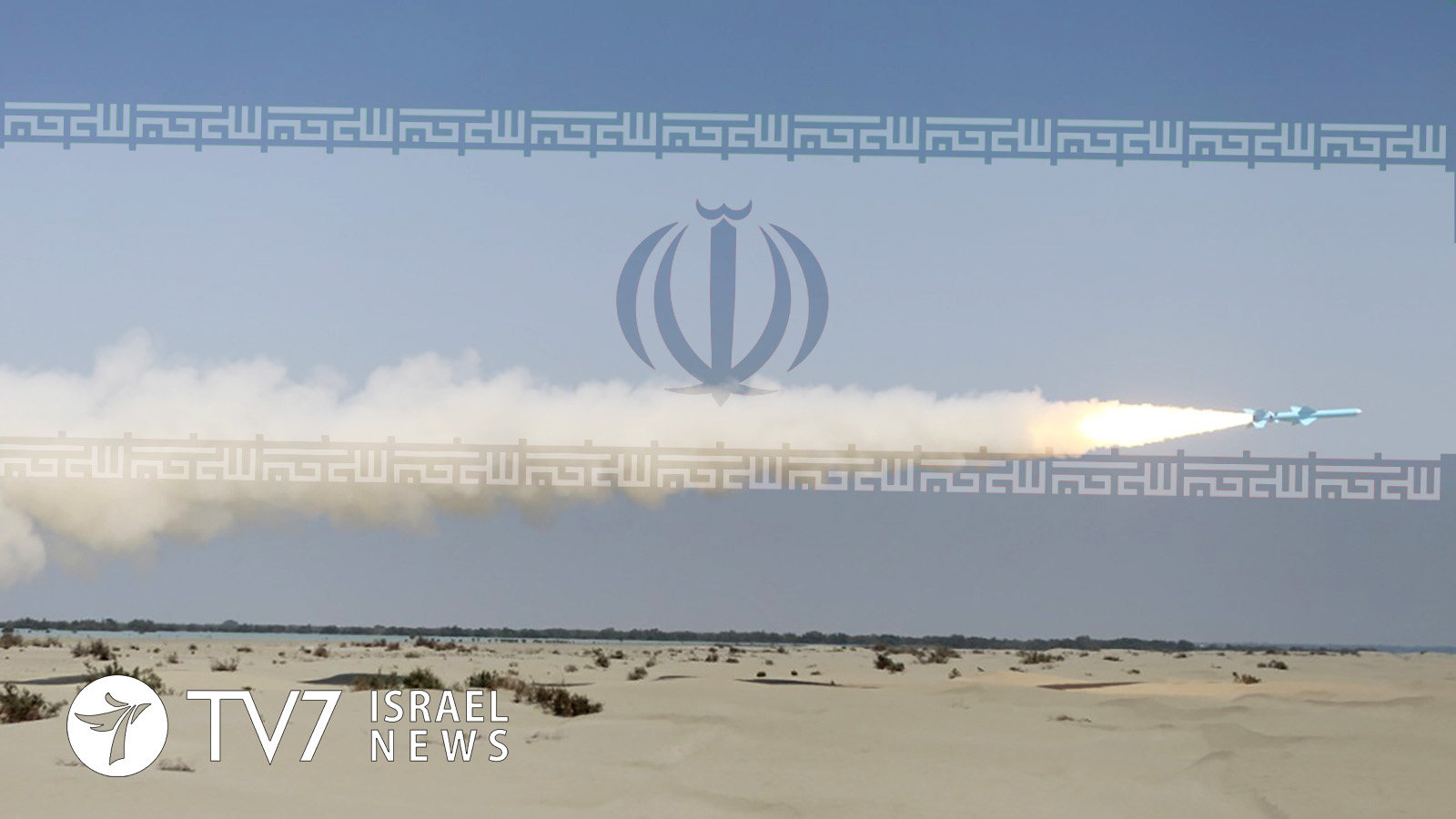The Iranian army test fired a sophisticated new ‘smart’ short-range missile with 300 kilometer (186 mile) range yesterday, according to state media.
The official IRNA news agency cited the Commander of the chief of Iranian Army Ground Force Brig. Gen. Kiomars Heidari as saying during the event that automated systems enable the “smart” missile to be fired in various weather conditions.”
He did not reveal where the launch was held.
Iran’s Islamic Revolutionary Guards Corps (IRGC) also possesses longer-range missiles capable of being fired at targets up to 2,000 km (1,250 miles) way, which included arch-foe Israel as well as United States military bases in the region.
After stating that “The missile units have tested a new mid-range missile to evaluate its accuracy and power,” Gen. Heidari added that “the smart missile can hit targets with pinpoint accuracy,” according to a report in the Tehran Times.
Speaking to Tasnim news agency during a visit to the northern city of Zanjan on Sunday, Iranian Defense Minister Brig. Gen. Amir Hatami highlighted the Islamic Republic’s deterrent power based on domestically manufactured missiles with great accuracy and maneuverability.
“Iran is currently in the best state of defense and missile power,” he declared, adding, “Today, all of the Islamic Republic of Iran’s missiles are precise and have great maneuverability and the necessary explosive power to maintain the country’s defensive deterrence.”
Gen. Hatami also reaffirmed his nation’s resolve to exact revenge on those responsible for the 27 November assassination of senior Iranian nuclear scientist Mohsen Fakhrizadeh, which Iran has attributed to Israel – which has declined to neither confirm nor deny involvement.
“As a great country with management of strategic thinking, the Islamic Republic of Iran will mete out the punishment in the proper time and place. This will undoubtedly happen,” proclaimed Iran’s top defense chief.
Fakhrizadeh, 59, had long been described by Western and Israeli intelligence services as the mysterious mastermind of a covert atomic bomb program halted in 2003, which Jerusalem and Washington charge Tehran of working to restore.
Iran’s Supreme Leader Ayatollah Seyed Ali Khamenei has demanded that Fakhrizadeh’s killing be investigated and its perpetrators be “firmly prosecuted,” and “to continue the martyr’s scientific and technological efforts in all the sectors where he was active.”
In response to killing of its top nuclear scientist Mohsen Fakhrizadeh’s death, Iran passed a law to open a plant for the production of uranium metal; informing the International Atomic Energy Agency (IAEA) in December that it was planning on making uranium metal fuel for the Tehran Research Reactor.
IAEA Director General Rafael Mariano Grossi confirmed last week that Iran made good on that threat in a statement to members of the United Nations nuclear watchdog organization. According to the IAEA, Iran plans to first research use of uranium metal using natural uranium before moving on to uranium metal enriched to 20%, the level it is enriching uranium to now, short of the 90% that is weapons grade.
“The Agency on 8 February verified 3.6 gram of uranium metal at Iran’s Fuel Plate Fabrication Plant (FPFP) in Esfahan,” the IAEA statement added.
Uranium metal, which can be used to make the core of an atom bomb. The development marks the latest significant breach of the 2015 Joint Comprehensive Plan of Action (JCPOA) nuclear deal by the Islamic Republic.
